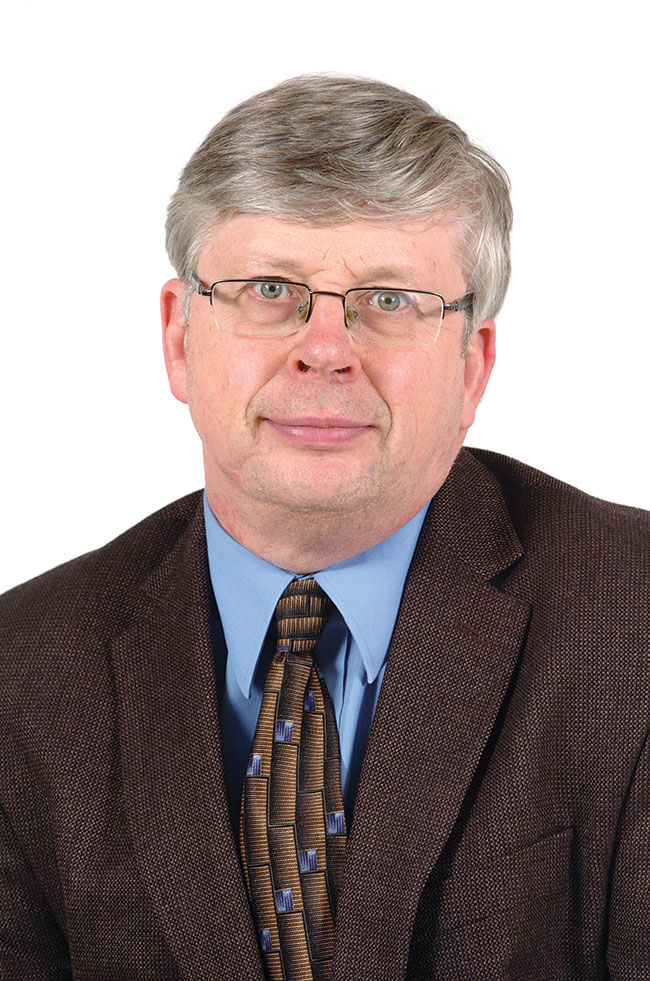NDP rural comeback will be tough
Posted on November 7, 2017 by Maple Creek
At the NDP’s recent annual convention, the party vowed to re-establish itself in rural Saskatchewan.
How it intends to do this isn’t exactly clear.
After all, there is still the daunting reality that the Saskatchewan Party has won virtually every rural seat in the last three elections with between two-thirds and three-quarters of the popular vote.
Moreover, in the current Sask. Party leadership race, the bulk of the candidates have spent the bulk of their time and energy campaigning in rural Saskatchewan. This will likely strengthen its bond with rural voters.
One might argue that the Sask. Party’s ties to urban Saskatchewan have taken a hammering of late as well, but the Sask. Party still talks the language of rural people.
Premier Brad Wall’s support of agriculture, oil, gas and small manufacturing and business that tends to dominate the rural economy, will continue to provide the Sask. Party with a massive advantage in rural Saskatchewan.
That said, rural voters issues aren’t just about economic issues and taxes.
They are often just as much about service delivery, as was evident by the many in rural Saskatchewan angry over the closing of the Saskatchewan Transportation Company and large cuts (later, restored) to smaller libraries.
The hammering in the 2017-18 budget hit everyone in the province hard. To suggest rural people aren’t frustrated about these cuts would be an insulting suggestion that they simply and blindly follow an ideology without thoughtful consideration.
And as thoughtful and considerate voters, one also suspects rural voters weigh the pros and cons of the governing party.
That assessment would be based not just on the past budget that hit many hard but also previous budgets that helped cut rural property taxes and provided funding for rural hospitals and schools.
As long as government can get offer voters reasonable justification for the way their money has been spent, government will continue to get support form those voters.
But if there is a chance for the NDP to make political inroads, government spending decisions may be where it all starts.
While the Sask. Party government has tried to frame the current fiscal mess of rising public debt and deficit budgets strictly on an economic downturn, the simply fact of the matter is that big, costly decisions are also in play.
The money wasted on land deals surrounding the Global Transportation Hub, deals that made multi-million-dollar profits for a couple individuals, is no longer just a reoccurring theme at the Saskatchewan legislature. It’s even starting to haunt Saskatchewan leadership hopefuls on their campaign trails.
But what might be an even bigger is the sky-rocketing costs of the Regina bypass that has increased to $1.9-billion from $500 million.
The road around Regina has been more costly per kilometre than B.C.’s Coquilla Highway (even when you adjust for today’s inflation). This should be a huge frustration for those seeing their rural highways continue to fall into disrepair.
Whether there is a direct correlation between such spending decisions and the reality that we losing teachers while we gaining students is a matter of political debate.
But questionable spending decisions often supersede philosophical debate between the right and the left, especially, for the vast majority of voters out there who want nothing more than a good, accountable government that doesn’t waste tax dollars.
Again, this won’t be the only issue for many rural voters who, rightly, will rightly weight what the NDP has to offer.
Philosophy, whether it’s tax decreases or program spending, dictate such decisions. And what Trent Wotherspoon or Ryan Meili plan to do as NDP leader for rural Saskatchewan will be a big factor.
But maybe Sask. Party government spending does give the NDP a rural inroad it hasn’t had.


Leave a Reply
You must be logged in to post a comment.